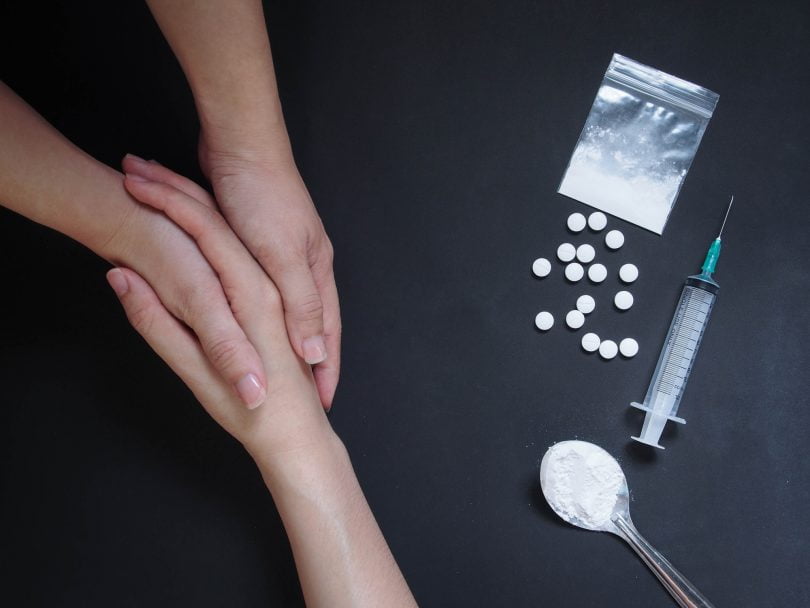Despite common misconceptions, addiction is a chronic disease that over 21.5 million people struggle with each year. Addiction isn’t as simple as “just stopping” either: it changes your brain chemistry, alters your motivations, changes your personality, and fully takes over your life.
So how can you overcome addiction if it’s something that changes how your mind works? How can you get clean when all you can think about is your next fix?
Entering a rehab program is one of the best ways to get clean. When you go to rehab, you’ll get support and guidance to help you get clean and go through the initial steps of sober life.
Keep reading to learn 7 key reasons why rehab will help you beat your addiction.
1. Health Monitoring
When you begin your journey to getting sober, it’s inevitable that you’re going to go through withdrawal. Withdrawal can be intense, and lead to severe physical symptoms including:
- Nausea
- Vomiting
- Diarrhea
- Headaches
- Pain
- Insomnia
- Excessive sweating
- Muscle shakes
You might think that these symptoms are manageable on their own. But oftentimes these can lead to health problems that post a risk to your safety. They can lead to severe dehydration, loss of electrolytes, depleted nutrition, severe sleep deprivation, and more.
If you don’t detox safely, you could be seriously harmed and even die. Detoxing at a rehab center will provide you with supervision by doctors and medical professionals. This will ensure that you’re getting proper fluids, nutrition, and care during your withdrawal.
2. Mental Health Support
According to the National Bureau of Economic Research, people with mental health illness and disorders are responsible for the majority of the consumption of drugs, alcohol, and cigarettes.
It’s believed that those with mental health problems or issues use drugs to self-medicate. People who are stressed, anxious, or depressed also use drugs as a coping mechanism to handle their emotions and feelings.
As you detox, you won’t have this coping mechanism anymore. You’ll probably be feeling the full force of your depression, anxiety, stress, or whatever mental health problem had been driving you to use.
In rehab, you’ll be meeting with a therapist, a counselor, peer therapy groups, and other similar mental health support systems. These people will teach you how to handle your issues without drugs.
You’ll also have mental health support during the exhausting and emotional process of withdrawal.
3. Community
Addiction is lonely. You feel isolated and consumed by your need for a drug or alcohol.
When you go to rehab, you’ll be surrounded by other people going through the same thing you are. You’ll have a community around you to help you feel supported and understood.
4. You’ll Be Separated from Your Drug of Choice
Attempting to get clean on your own is hard when you have free rein to use whenever you want. Willpower is a tough concept when your brain and body’s wiring has been changed to crave and demand your drug of choice.
You can want to quit more than anything, but having easy access to your drug of choice is going to be hard to resist during those first days of withdrawal. A rehab center will separate you from that drug and prevent you from being able to crack under the pressure of withdrawal.
5. You Can’t Just Give Up
Some trips to rehab are voluntary, which means you could leave if you want. But, many centers will require you to stay for a certain amount of time, which will force you to see the stint through.
Also, some trips to rehab are mandated by a court of law or by your family, friends, parents, kids, etc. This means that you’ll be in the center and working through your addiction without being able to give up like you would be able to on your own.
6. Focus Solely On Recovery
Rehab is designed to focus your attention solely on detox, recovery, and relearning how to live without your drug of choice. Trying to get clean at home means you’ll be working through all of these things while also having to worry about work, your family, cleaning your house, cooking, family events, grocery shopping, etc.
Life won’t stop for you to recover when you try to get clean on your own. This makes it easy to fall off the wagon and give up. In rehab, you won’t have to worry about anything except yourself and your recovery.
7. You’ll Learn New Coping Skills
Quitting your drug of choice is one small part of overcoming addiction. That won’t mean anything if you don’t find new ways to cope with stress, learn how to resist cravings, and essentially relearn how to live in a world where your drug exists without you using it.
Rehab doesn’t stop when you’re done detoxing. You’ll meet counselors, go to therapy, and speak with your peers about how to get through life without drugs.
You’ll learn how to handle being around your drug (bars and cocktail parties won’t stop just because you don’t drink), how to handle triggers (you just got laid off and you want to use. What do you do?), and more.
7 Reasons to Go to Rehab: You Will Get Clean
Even reading this article and considering going to rehab is a huge step forward on your path to recovery. So, congratulations. Now it’s time to decide whether you’re going to go to rehab or not.
These 7 reasons show you exactly how helpful rehab can be for getting clean and learning how to live your life without drugs. If you have more questions about what you do in rehab or how to find free inpatient drug rehab, contact us.
You can also read more about exactly what will happen in rehab in this article or contact us at (877) 322-2450.
Sources:
National Bureau of Economics – https://www.nber.org/digest/apr02/w8699.html


















I wish more people realized that rehab centers were more accepted and thought of as a good solution. There is so much stigma against getting help from a rehab center and there is a sense of pride attached to being able to quit by yourself. I think that’s even more harmful because if an individual can’t do it alone, which is almost impossible to do, they end up feeling even worse about themselves.